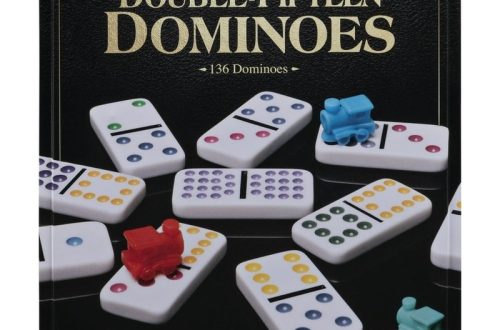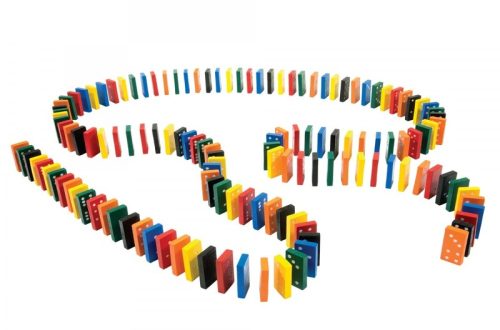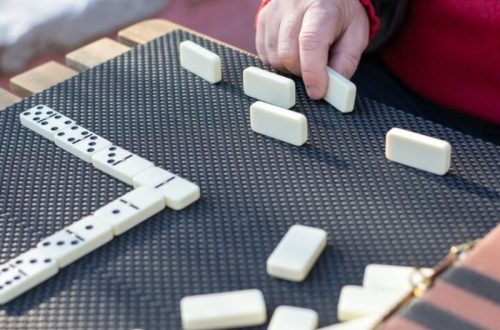Board games have served as a cornerstone of human entertainment for millennia. From elaborate strategy games to simple games of chance, they’ve provided a platform for social interaction, mental stimulation, and friendly competition. But where did this captivating world begin? Join us as we delve into the mysteries surrounding the world’s oldest board game.
Part 1: Unearthing the First Competitors
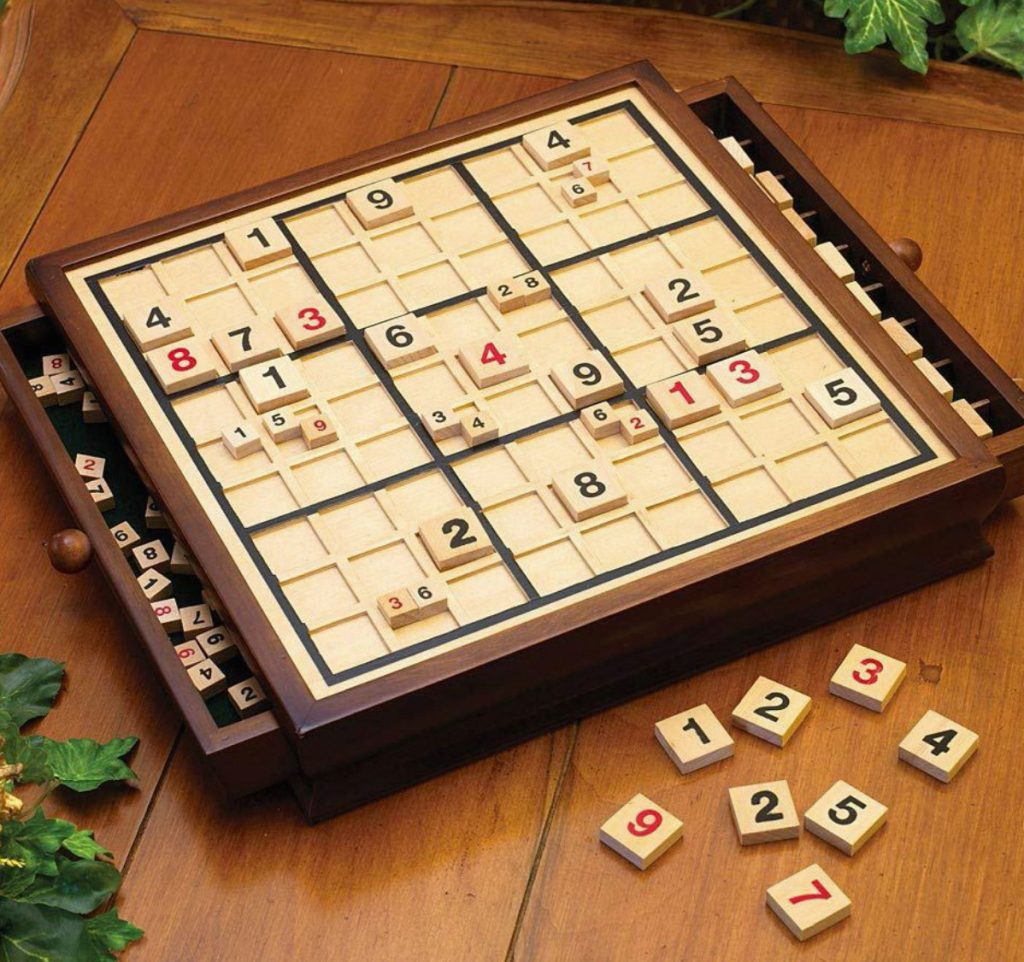
The Royal Game of Ur: A Race Through Time:
Unearthed in the ancient city of Ur (present-day Iraq), the Royal Game of Ur dates back to a staggering 4,600 years ago. This strong contender for the title of oldest playable board game appears to have transcended social classes, enjoyed by people of all walks of life in Mesopotamian society. While the exact rules remain partially shrouded in mystery, archaeological evidence suggests it involved rolling dice and strategically moving game pieces along a track.
Senet: An Egyptian Journey into the Afterlife:
A strong contender for the title of being the oldest board game comes from ancient Egypt in the form of Senet. With a history dating back to 3100 BCE, Senet is depicted in various sources, including tomb walls and hieroglyphs, indicating the game’s deep cultural significance in ancient Egyptian society. The game is intrinsically linked to Egyptian mythology and beliefs about the afterlife, with many interpretations suggesting that Senet was associated with the journey of the soul after death. Senet involved the movement of pawns on a grid-like board, likely incorporating a mix of chance and strategic planning to ultimately reach a specific goal. The game’s depictions and historical context provide valuable insight into the leisure activities, religious beliefs, and cultural practices of ancient Egypt, highlighting the enduring impact of Senet as a significant artifact of early human entertainment and symbolic representation.
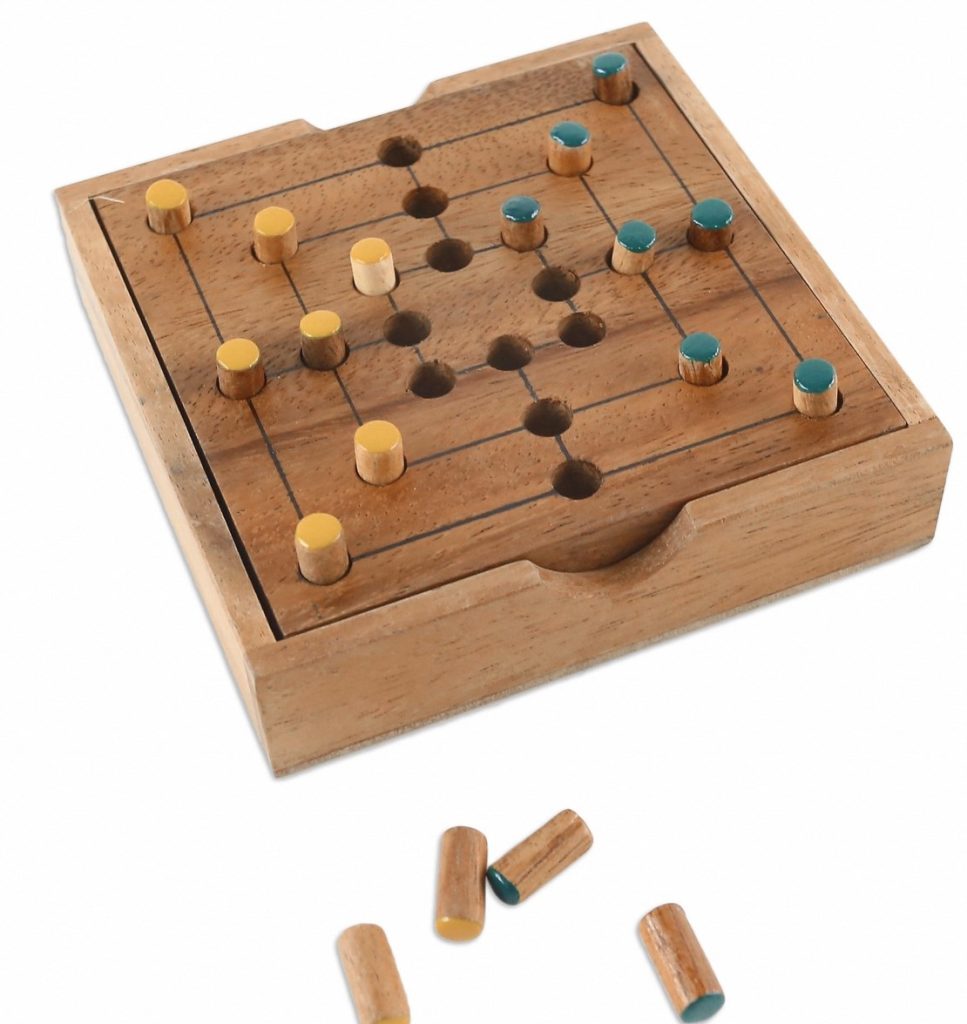
Part 2: Beyond the Game Board: Unveiling Ancient Meanings
Simple Mechanics, Enduring Legacy:
Despite their age, these ancient games share some intriguing commonalities that provide insight into their enduring appeal. These early games often relied on simple and uncomplicated mechanics. They used dice throwing or pawn movement, which placed a strong emphasis on strategy while also incorporating an element of luck. The balance between strategic decision-making and chance in these games has likely contributed to their timeless appeal. This allows them to resonate across different eras and cultures. By focusing on fundamental gameplay elements, these ancient games have managed to transcend the limitations of time. They maintain their relevance and allure even after thousands of years. Their enduring appeal is a testament to the universal enjoyment of strategic and chance-based gameplay. This showcases the timeless nature of these early forms of entertainment and their ability to captivate and engage players across generations.
Cultural Reflections and Social Cohesion:
Evidence suggests these early games served purposes beyond mere entertainment. The Royal Game of Ur might have been used for divination purposes, while Senet held a strong connection to Egyptian beliefs about the afterlife. Both games likely played a role in strengthening social bonds, bringing people together for friendly competition and shared experiences.
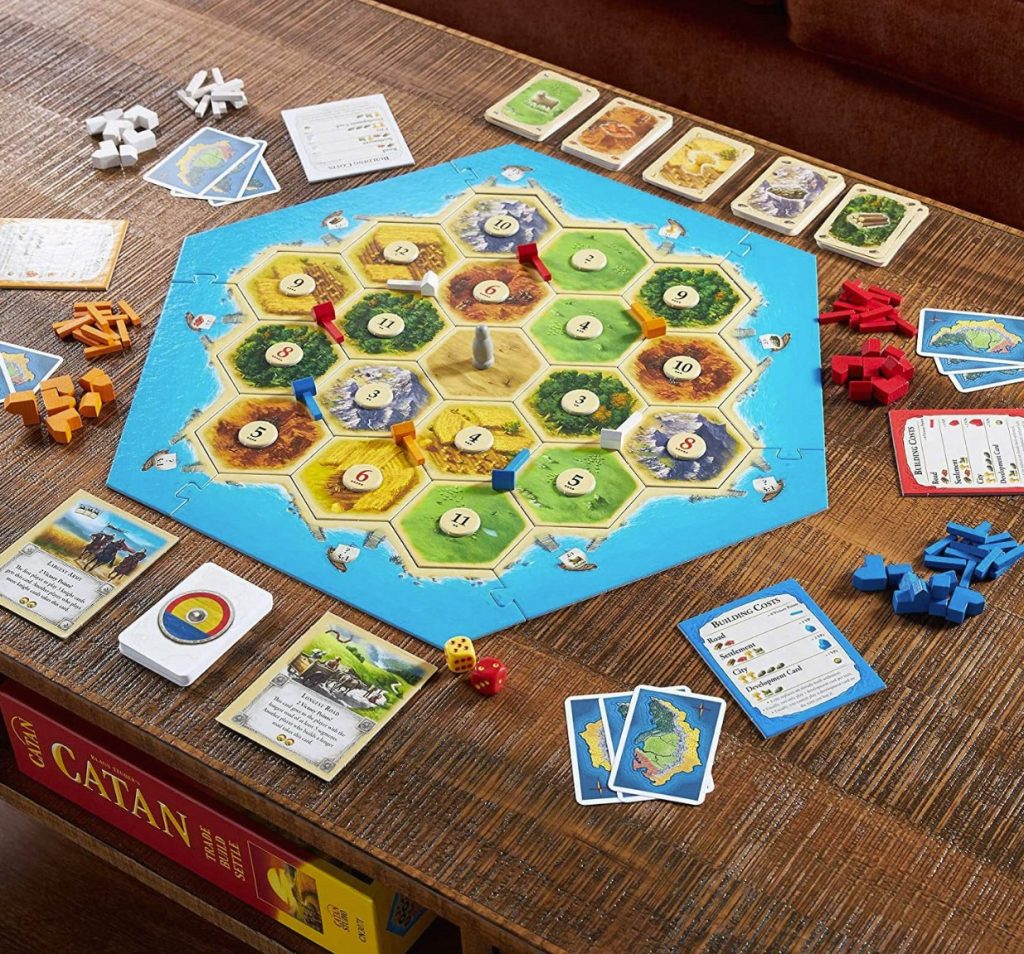
Part 3: A Global Evolution: Board Games Through the Ages
Cross-Cultural Exchange and Diversification:
As civilizations interacted and trade flourished, board games embarked on a fascinating journey of evolution. Games like Senet and the Royal Game of Ur originated from ancient Egypt and Mesopotamia. They served as influential prototypes that inspired similar games in other regions. Through the exchange of ideas and cultural interaction, a diverse range of board games with unique variations emerged. These games reflected the local influences of different societies and regions. The global exchange of gaming traditions and practices fostered a rich tapestry of board games across the world. This contributed to a dynamic and varied landscape of gameplay experiences. This cross-cultural diffusion not only enriched the world of board games but also offered a platform for the exchange of ideas. It also celebrated diverse cultural perspectives through the common language of play.
From Ancient Pastimes to Modern Classics:
The legacy of these ancient games continues to influence and inspire the modern board games that we cherish today. Key examples such as chess, checkers, and backgammon have direct roots traceable back to these early forerunners, serving as enduring testaments to the evolution of board games. While modern iterations often incorporate added complexity and sophistication to meet the varied tastes of contemporary players, the fundamental core mechanics of strategy, chance, and competition remain constant. Chess, with its intricate strategies and tactical gameplay, reflects the enduring influence of ancient strategic board games. Similarly, checkers, with its focus on capturing opponent’s pieces, retains echoes of the gameplay found in many ancient board games. Backgammon, with its blend of luck and strategy, also draws from the principles seen in these early games.
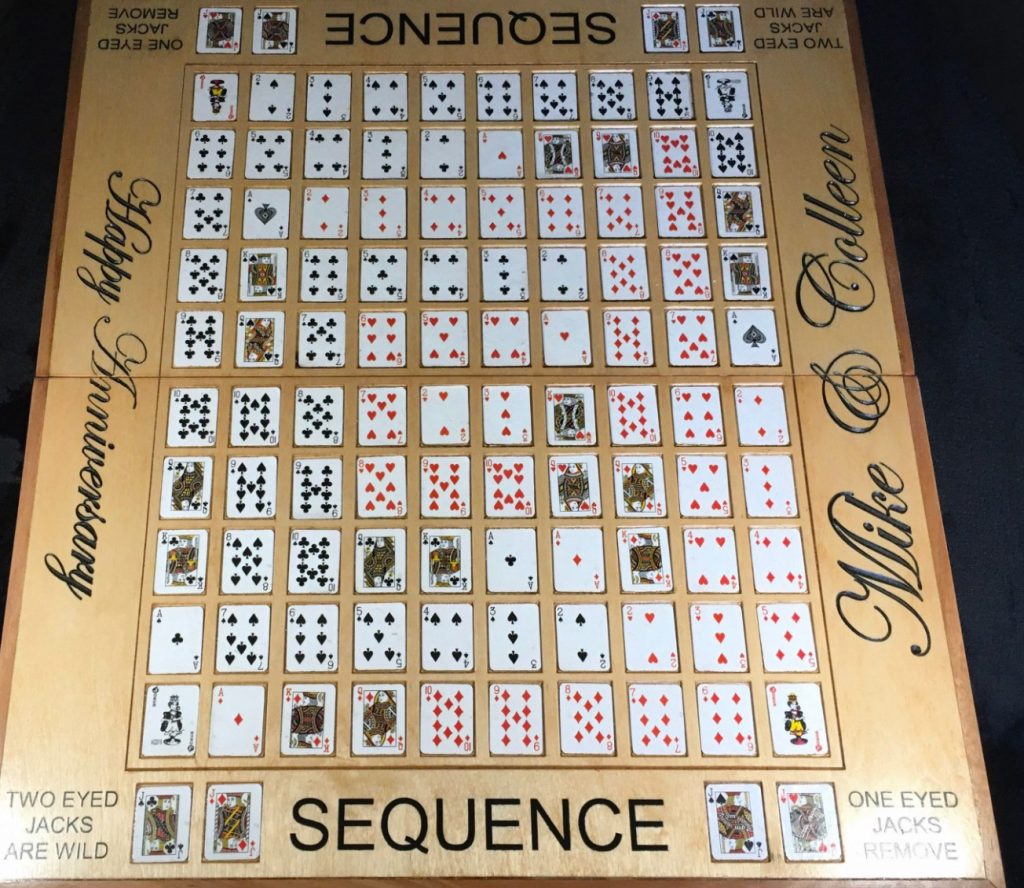
Part 4: A Timeless Tradition: The Enduring Allure of Board Games
A Window into the Past:
Delving into the world of ancient games provides a captivating glimpse into the lives and cultures of our ancestors. These games offer more than just insights into entertainment preferences. They also shed light on societal values, belief systems, and the ways in which communities socialized and interacted. Each game serves as a piece of the puzzle. This enables us to unravel the history of human ingenuity, creativity, and the evolution of leisure activities. By examining the context in which these games were played, we gain a deeper understanding of the historical and cultural significance of gaming. We also learn how it has contributed to the fabric of human civilization. Beyond mere pastimes, ancient games provide a tangible and relatable link to past societies.
A Universal Language of Fun and Connection:
The enduring appeal of board games lies in their ability to bring people together across generations and cultures. Whether it’s the intense mental battles of chess or the lighthearted competition of a dice-rolling game, board games offer a shared experience that transcends language, age, and background.
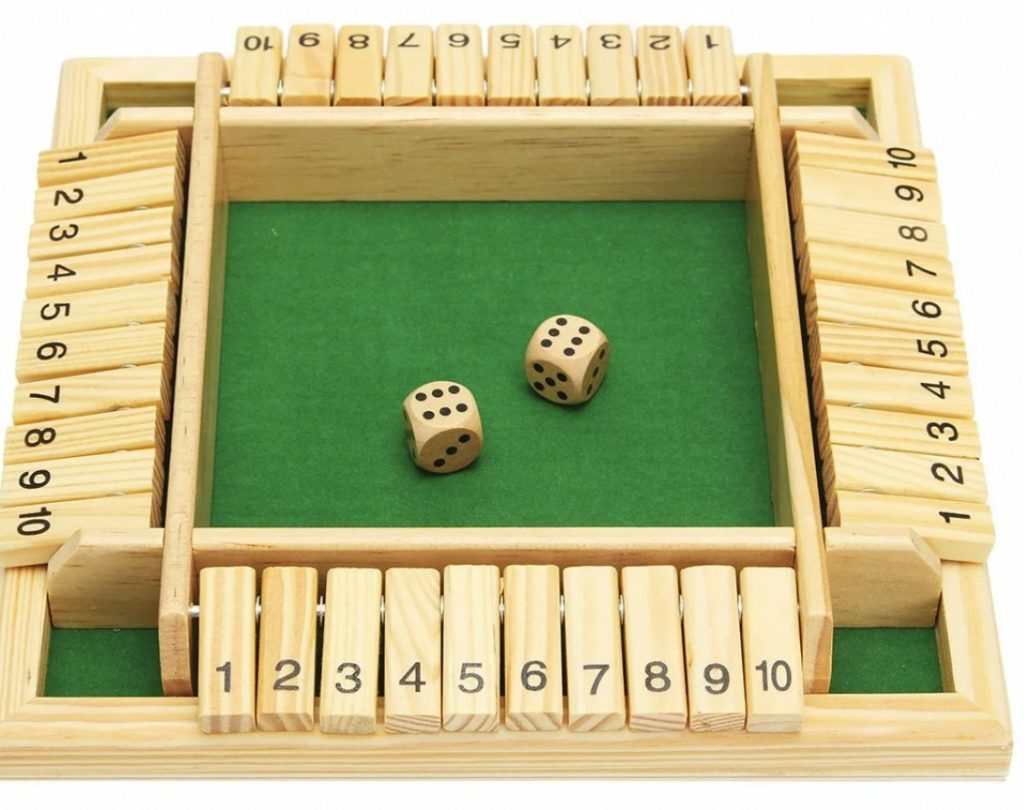
In conclusion, the quest to identify the world’s oldest board game is more than just an archaeological pursuit. It’s a captivating exploration through time, revealing the resourcefulness of our ancestors and the enduring power of games to connect us. So, the next time you gather around a board, remember – you’re not just playing a game, you’re participating in a tradition that stretches back millennia.
